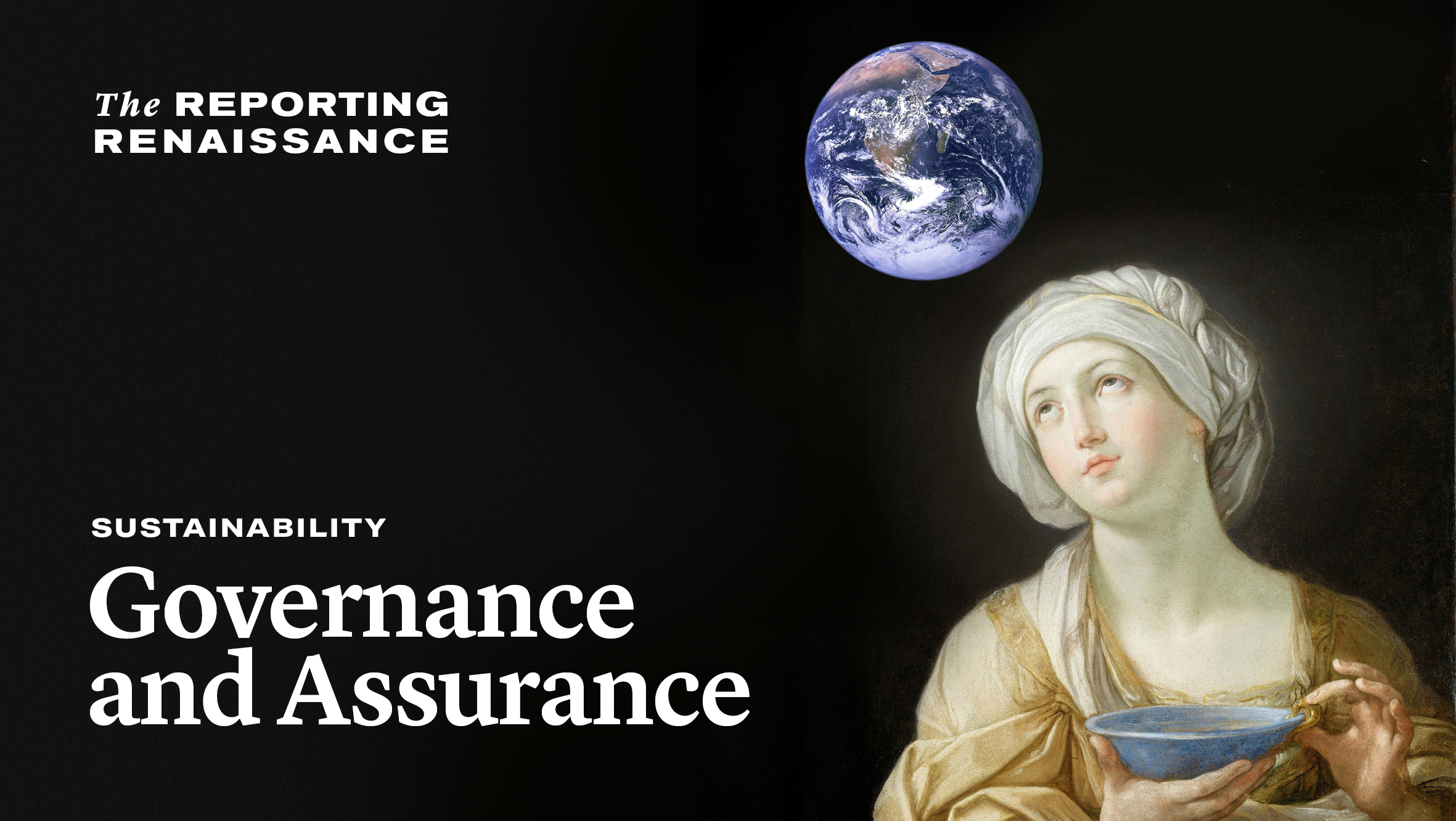
This isn’t just about compliance. Good governance is key to effectively managing sustainability risks and opportunities. The greater the understanding and integration of these into the overarching business model and strategic direction of the business, the more authentic and effective a strategy can be.
Stay informed with regulations, insights & events by joining our mailer
Sustainability is no longer just a “nice to have” – it has become a critical de-risking factor in investment decision making.
As sustainability claims face increasing scrutiny, investors, regulators and stakeholders now demand higher levels of transparency and accountability.
However, this shift doesn’t mean the end of sustainability as an opportunity. Instead, it raises the bar, creating a more level playing field while driving innovation. Companies that embrace strong governance structures will not only ease the assurance burden but also stand out in a world where baseline expectations continue to rise.
In this blog, we explore the rise of assurance in sustainability data, its impact on governance and how businesses can navigate this evolving landscape.
The assurance shift
Assurance is becoming a defining factor in sustainability disclosures. Despite speculation around evolving EU policy, assurance remains a core principle in sustainability reporting frameworks such as CSRD, ISSB’s IFRS standards, and TCFD. While ISSB does not mandate assurance globally, it is strongly encouraged, reinforcing the demand for credible and comparable ESG data.
In the UK, both the Financial Conduct Authority (FCA) and Financial Reporting Council (FRC) are actively considering making assurance a mandatory requirement for sustainability disclosures. Currently, varying degrees of verification and assurance exist for TCFD, and future adoption of IFRS S1 and S2 standards is expected to integrate similar measures.
The market’s growing expectation for credible ESG data will likely push regulatory bodies to implement stronger accountability measures, making assurance an essential part of the sustainability reporting landscape.
The power of measurement
Regulatory shifts, standardisation and assurance aren’t just another administrative burden. If you zoom out and look at the bigger picture, they raise the baseline standard of performance and transparency across the board. It offers a more authentic opportunity to differentiate from competitors and peers. Less flex in what can be claimed means what is being said has to be authentic, demonstrating effective management of impacts, risks and opportunities that are material to the business.
If materiality assessments are approached correctly from the outset, companies can:
- develop strategies to mitigate negative impacts and manage risks effectively;
- leverage sustainability as an innovation driver rather than a compliance hurdle; and
- integrate sustainability governance as second nature, reducing regulatory burdens over time.
A well-executed materiality approach ensures companies focus on what truly matters, creating stronger alignment between strategy, risk management and reporting.
Governance that creates value and curbs scrutiny
To meet assurance demands and produce high-quality, verified sustainability data, companies must embed sustainability into governance structures.
This isn’t just about compliance. Good governance is key to effectively managing sustainability risks and opportunities. The greater the understanding and integration of these into the overarching business model and strategic direction of the business, the more authentic and effective a strategy can be. Showcasing how sustainability risks and opportunities are tied into the existing enterprise risk management systems and the maturity of the oversight in place to monitor and manage these can mitigate assurance burdens while boosting external perception.
Integration of sustainability as a key part of governance is a strategy lever for growth, resilience and long-term value creation. It reduces the burden by shifting the mindset away from compliance to culture. The more sustainability is siloed within an organisation, the more burdensome and counteractive sustainability compliance becomes. Regulatory “sticks” don’t just enforce rules – they drive the integration of sustainability into organisational culture, shifting ESG from a reporting exercise to a business imperative. If this imperative is integrated into the culture of how you do business, the siloes can be removed, and the burden of compliance is mitigated through good governance and collaboration.
Many sustainability frameworks now advocate for linking executive compensation to ESG achievements. Investors increasingly support sustainability-driven remuneration, ensuring ESG priorities are embedded in strategic decision making.
Sustainability remuneration isn’t just about checking a box – it signals how deeply sustainability is integrated into business performance. Companies that structure remuneration frameworks around sustainability impact reinforce ESG as a core business priority, rather than a separate consideration.
When it comes to reporting, transparency and authenticity are what the market is demanding and it is becoming more important than ever that governance approaches to sustainability are made clear and understandable.
A balanced approach
Emerging assurance requirements may bring pressure, but they also offer a chance for recalibration – helping businesses refocus on truly material sustainability issues.
To tackle this shift effectively, companies must:
- ensure materiality assessments are up to date, driving focus on what matters most;
- strengthen governance structures, integrating sustainability oversight into risk management and decision making;
- embed sustainability within business culture, reducing compliance burdens by making ESG a strategic pillar; and
- ensure they are reporting effectively on sustainability governance processes
With the right governance structures in place, companies can turn assurance from an obligation into an advantage, strengthening trust, sharpening strategy and unlocking new opportunities for growth, resilience and investor confidence.
Is your governance structure prepared for the future of assured sustainability reporting? Now is the time to act by contacting Ever Sustainable at hello@eversustainable.co.uk.